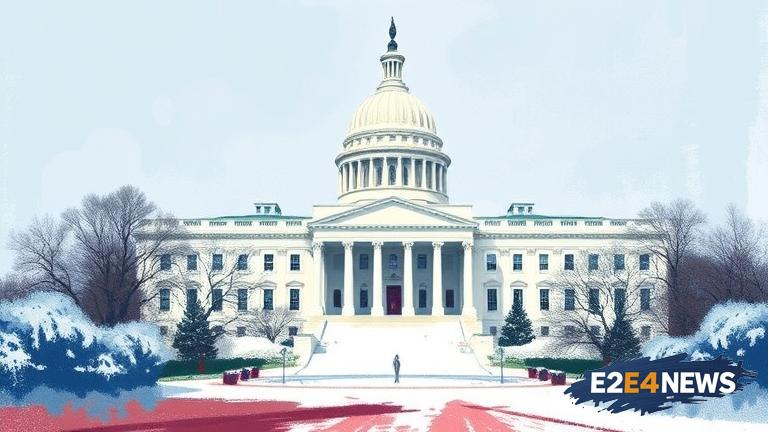The US government’s recent decision to freeze Harvard’s federally funded research grants has sent shockwaves throughout the academic community. The move, which was announced earlier this month, has been met with widespread criticism and concern over the potential implications for the university’s research programs. At the center of the controversy is the question of whether the government’s actions are legal. Harvard University, one of the most prestigious institutions of higher learning in the world, has been a major recipient of federal research funding for decades. The university’s research programs, which span a wide range of fields including medicine, science, and technology, have been heavily reliant on federal funding to operate. The government’s decision to freeze the grants has been seen as a major blow to the university’s research efforts, with many scientists and researchers expressing concern over the potential impact on their work. The freeze has also raised questions over the government’s motivations, with some speculating that the move may be politically motivated. Harvard University has vowed to fight the decision, with officials stating that they will do everything in their power to protect the university’s research programs. The university’s president has also released a statement condemning the government’s actions, saying that they are ‘unprecedented and unjustified’. The controversy has also sparked a wider debate over the role of government funding in academic research, with some arguing that the government’s actions are an overreach of their authority. Others have argued that the government has a responsibility to ensure that federal funding is being used effectively and efficiently. The issue has also drawn attention from lawmakers, with some calling for an investigation into the government’s actions. As the controversy continues to unfold, it remains to be seen what the ultimate outcome will be. The fate of Harvard’s research programs, and the future of federal funding for academic research, hang in the balance. The university’s researchers and scientists are anxiously waiting to see what the future holds, and whether they will be able to continue their work without interruption. The government’s decision has also raised concerns over the potential impact on the US economy, with some arguing that the freeze could have far-reaching consequences for the country’s competitiveness in the global research landscape. The controversy has also sparked a wider discussion over the importance of academic freedom and the need to protect the independence of universities and researchers. Ultimately, the outcome of this controversy will have significant implications for the future of academic research in the US, and the role of government funding in supporting these efforts.
